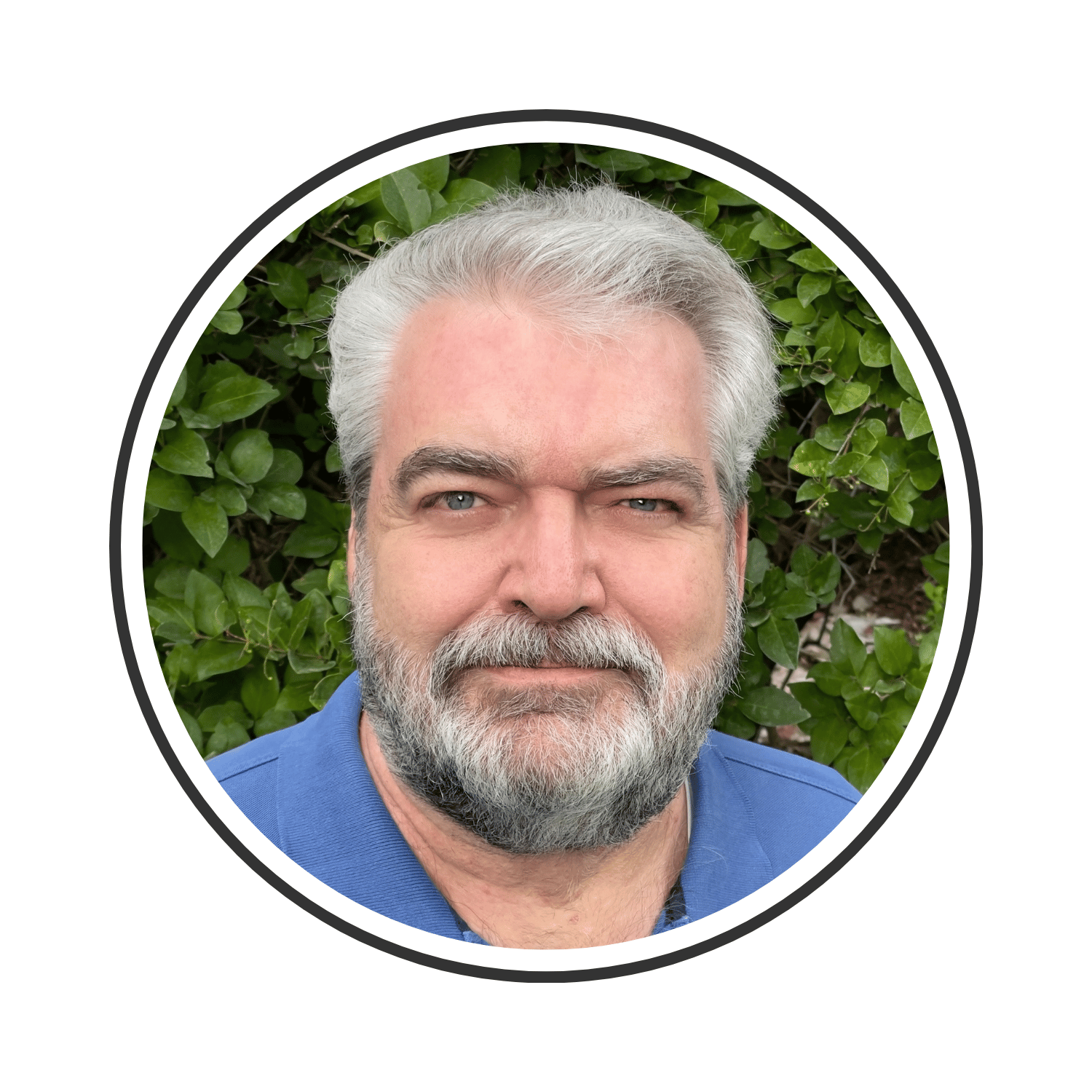I recently read Shawn Achor’s The Happiness Advantage: How a Positive Brain Fuels Success in Work and in Life. Achor has taught at Harvard, spoken all over the world, and given a TED talk with over 25 million views. His premise is that success doesn’t produce lasting happiness; instead, happiness produces success. This idea is backed by a growing body of scientific research in a field that has come to be called “positive psychology”. He is also, by the way, a lot of fun to read or watch—highly recommended.
This book outlines 7 basic concepts or tools that can help foster a happier outlook on life and work, which in turn produces more effective results:
- The Happiness Advantage. Happiness produces success, not the reverse, as we commonly assume and believe. By focusing on happiness now, we can be better people, which creates success. We often think we have to sacrifice for success, but what we often sacrifice is the very thing that will help us succeed (like happiness in the present moment, or our social network, as we’ll see below). And happiness, like many other things in life, is a habit, which can be changed with time and effort.
- The Fulcrum and Lever. Leverage allows a small amount of effort to accomplish a lot of work. By focusing our energy and effort where it will do the most good, we can get more done. Working smarter will generally get us farther than just working longer or harder. Using what we know about ourselves and our inclinations can help us succeed in changing our habits and our lives.
- The Tetris effect. If you play Tetris (or Grand Theft Auto, or Call of Duty) for several hours in a row, it will alter your way of thinking, bleeding over into real life. Your mind does what it is often primed and trained to do, and is used to doing, whether as a lawyer you interrogate your kids, or as a doctor you diagnose everyone around you. Neurons that fire together, wire together. How we approach life matters: if you look for flaws, you will find them; if you look for good things, you will find those too. By methodically priming our mind for solutions, learning, and luck, we can increase them.
- Falling Up. No one wins all the time. We may think when we fall, we need to get up, but really we need to figure out how to “fall forward” or “fall up” by learning from the experience. Adversity will make us stronger and more resilient if we think about it right. Helplessness and inaction lead to despair and depression.
- The Zorro Circle. It’s easy to fail if we bite off more than we can chew. If we confine our focus to a small, manageable sphere of action (keep our desk clean, not the whole office or house) then we don’t get overwhelmed, and we get a sense of real progress.
- The 20-second rule. The easier we make it to start a new habit, the more likely we’ll succeed. If it takes 20 seconds to get the guitar out of the closet to start playing, it’s out of sight and out of mind. If it is out and you can just pick it up and play, you’ll do better.
- Social Support. We do better if we involve others in our wins and commitments. If we jettison our social support when the going gets tough, we won’t have it when we need it the most. Social support is a better predictor of success than most other factors.
The United States Declaration of Independence speaks of “Life, Liberty, and the pursuit of Happiness” as fundamental human rights. For many years, we have usually thought of happiness as something to be pursued, and as though the conditions for happiness were in many ways beyond our control. However, in recent years, the science of positive psychology, and a better understanding of the functions of our hormones and of brain chemistry, have allowed us to see that we have much more control over our own emotions than has usually been supposed heretofore. By conscious action, we can learn to be happier, and that, in turn, can produce more successful and desired outcomes.
This curious discovery essentially reverses our long-standing assumptions about the cause and effect relationship between happiness and success, and promises to increase both of them much more quickly than we have been able to do before. To me, it feels like a hypothesis that is sensible, provable, and well worth the experiment.







Leave a comment
All comments are moderated before being published.
This site is protected by hCaptcha and the hCaptcha Privacy Policy and Terms of Service apply.